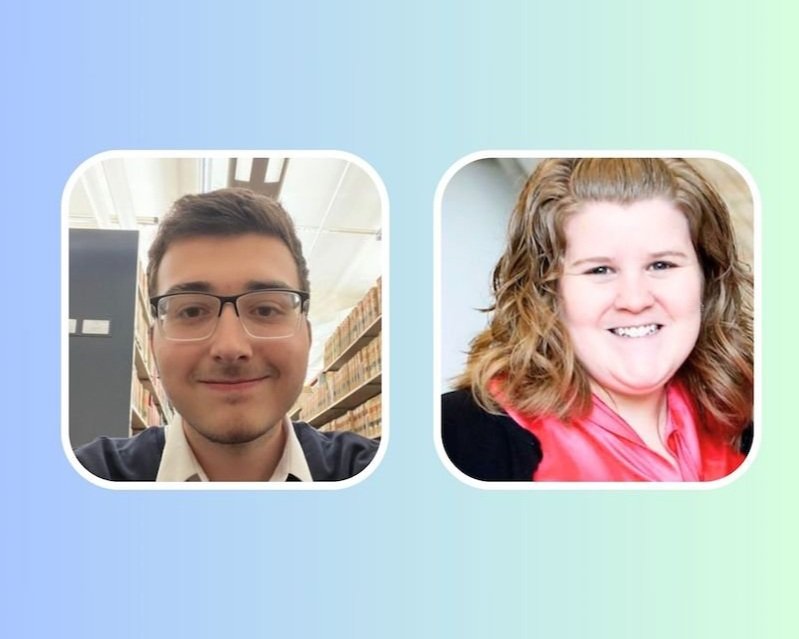30 years ago, in Bosnia and Herzegovina, over 8,000 Bosnian-Muslim men and boys were killed by Bosnian-Serb soldiers in the town of Srebrenica, producing the largest massacre on European soil since the Holocaust. Srebrenica would later become the first event to ever be legally declared genocide by the International Court of Justice.
To commemorate this anniversary, Dr. Sarah Snyder and Bekir Hodžić—currently creating genocide curricula through a visiting scholar position at the Rutgers Center for the Study of Genocide and Human Rights—will present on the Bosnian war and genocide, discussing how genocide educators can incorporate the atrocity into their teaching, what unique attributes it brings to genocide education, and the importance of talking about Bosnia in the classroom. They will also share curricular resources on the Bosnian genocide and simulate an adapted activity from their lesson plan on the Srebrenica genocide with attendees.
Sarah Snyder is a Visiting Scholar with the Center for the Study of Genocide and Human Rights at Rutgers University. She also teaches History and Humanities at Goodwin University and Ithaca College. In addition to her current roles, she is a member of the Advisory Board for the International Association of Genocide Scholars. Her research highlights the misperceptions of survivorship in relationship to time via her upcoming book, Trauma Beyond Time: Temporal Constructs in Holocaust Testimonies. Additionally, she is co-editing a volume, Genocide Studies: Through the Eyes of Intergenerational Survivors. Snyder holds a PhD in the History of Ideas with a concentration in Holocaust Studies through the University of Texas at Dallas.
Bekir Hodžić is a current student at Vassar College and the son of Bosniak genocide survivors. That background motivates his anti-genocide advocacy, which includes work with organizations like World Without Genocide, Genocide Watch, and the Rutgers Center for the Study of Genocide and Human Rights raising awareness around the Bosnian genocide—and other atrocities—through educational, political, and curricular means. Bekir also drafted and steered the first state legislative bill to recognize a Bosnian Genocide Remembrance Day to unanimous passage in the Connecticut General Assembly, and now aids the University of Connecticut in collecting local Bosniak oral histories for an archival repository.
LOCATION:
ZOOM! Link sent out upon registration.

